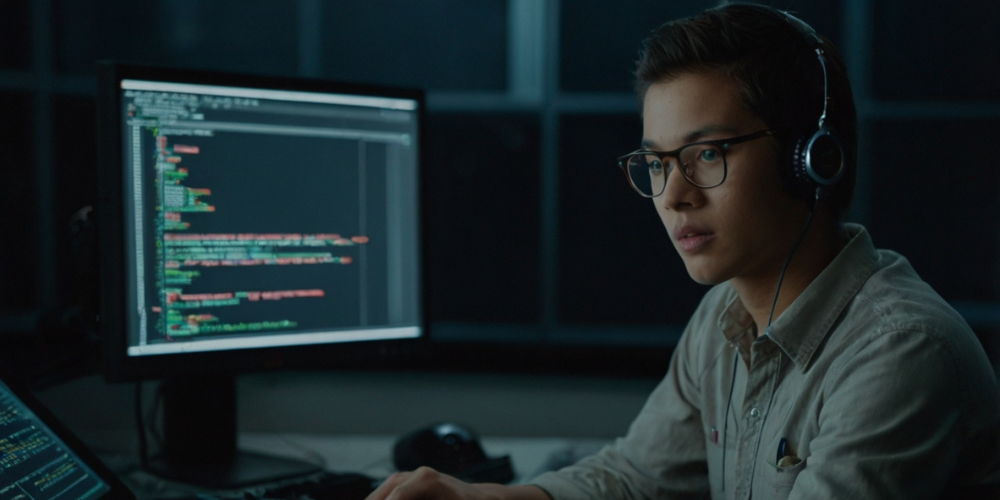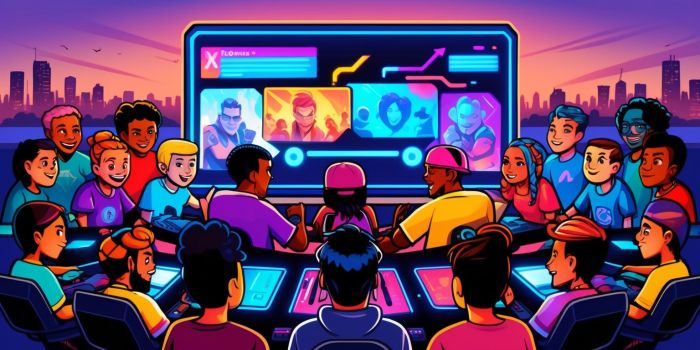
The Link Between Computer Gaming and Programming Skills: An Overlooked Synergy
The world has come to recognize the extraordinary capacity video games have to immerse and engage players. In an age dominated by digital technology, computer gaming has become a widespread phenomenon across generations. Far from being a mindless pastime, playing computer games can often open avenues to new skills and the desire to understand underlying mechanisms - particularly in the domain of programming.
Developing Logic and Problem-Solving Skills
Excellent programming skills often stem from being adept at problem-solving and logic. Most computer games require a strategic approach, logical thinking and the ability to solve complex puzzles within given parameters. Therefore, gamers inadvertently train their brains to develop these qualities that are inherent to the craft of programming. Hence, frequent gaming could lay a robust foundation for the cognitive skills required in computer programming.
Enhanced Interest in System Design and Functionality
As hardcore gamers dive deeply into the complexities of virtual worlds, they often develop a keen interest in the underlying algorithms, system design, and functionalities that power the gaming universe. This enthusiasm can be a gateway into more detailed exploration of coding and game development, forging a path towards honing programming skills.

Gaming and Programming: Two Sides of the Same Coin?
While playing computer games and writing lines of code may appear as polar opposites at first glance, they are inherently tethered by the concept of interactive media. Both are forms of digital interactions that provide instant feedback to the user. Understanding this dynamic and how each action produces a particular response is a valuable skill both in gaming and programming.
Zipping Past the Learning Curve
A significant aspect that ties gaming and programming together more deeply is the difficulty curve and the satisfaction derived from overcoming it. In both instances, the journey starts with basic principles and progressively rises to a challenging extent. The gratification derived from breezing past complex levels or troubleshooting a piece of intricate code can not only stimulate the brain but also fuel intrinsic motivation to learn and grow in both domains.

Turning a Casual Engagement into a Career Opportunity
For many, the journey from gaming to programming is more serendipitous than purpose-driven. The skills and interest cultivated from hours of gameplay can be channeled towards mastering programming languages, learning debugging, and grasping other aspects of software development. Thus, without realizing it, gamers might be setting themselves on a growth trajectory toward a rewarding career in the gaming industry or other technology-dependent sectors.
In Conclusion: Gaming as a Gateway to Coding
While a connection between gaming and programming might not be immediately obvious, playing computer games could potentially provide a platform for practicing and nurturing skills compatible with programming. Coding, much like gaming, offers an avenue for productive engagement, continuous learning, and gratification arising from the accomplishment of predefined goals. Therefore, the link between gaming and programming is more than surface-level, as the benefits of gaming may span from recreational pleasure to helping an individual become proficient in programming.


